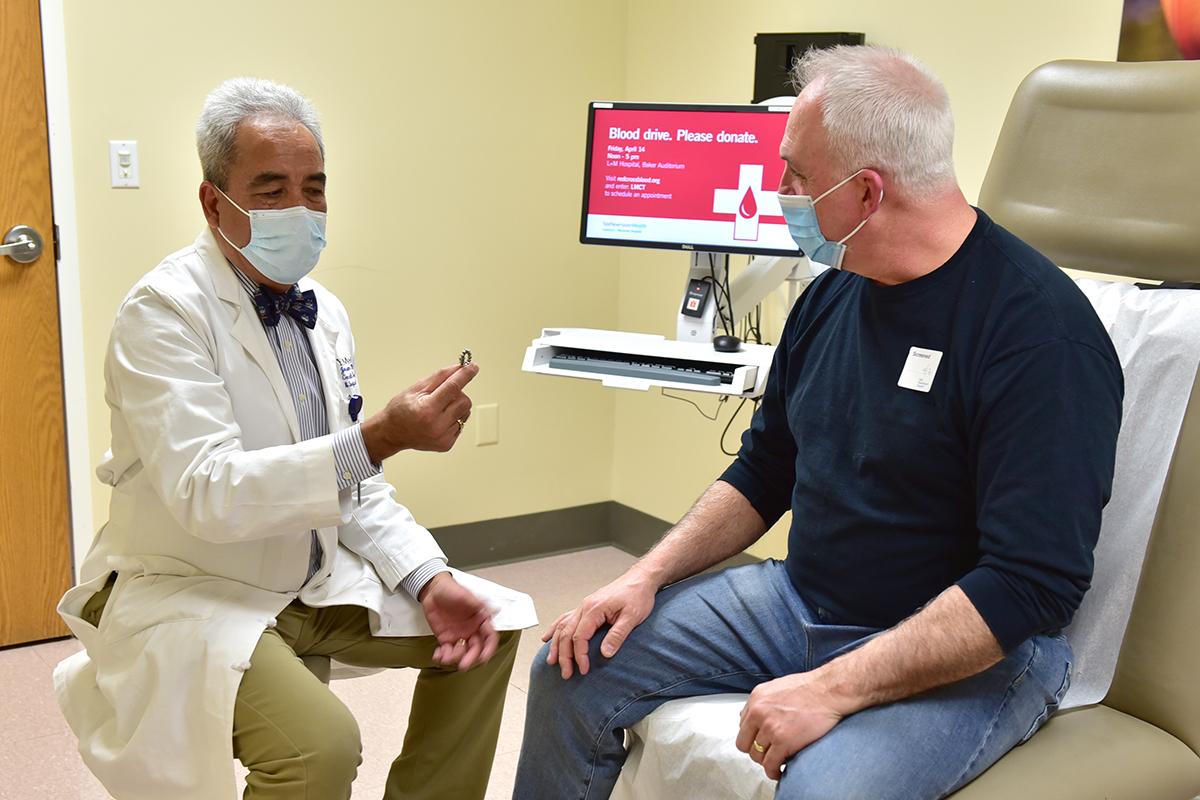A barium swallow test (also known as an esophagram) is a type of X-ray that takes video images of the esophagus. This helps see the esophagus in action while swallowing. For this exam, a solution with barium is swallowed to coat your esophagus to help better see your throat and esophagus.
This test can help find the cause or condition for symptoms including nausea, vomiting, stomach pain, unexplained weight loss or swallowing problems.
Some conditions include:
- Achalasia
- Blockages
- Head, neck or esophageal cancer
- Hiatal hernias
- Inflammation
- Muscular disorders
- Swallowing disorders (such as GERD, Achalasia, dysphagia)
- Tumors
- Ulcers
Your gastroenterologist may refer you for a barium swallow test and it will be performed by a radiologist. This test may be part of a general upper gastrointestinal series of X-rays to screen for a range of causes.





